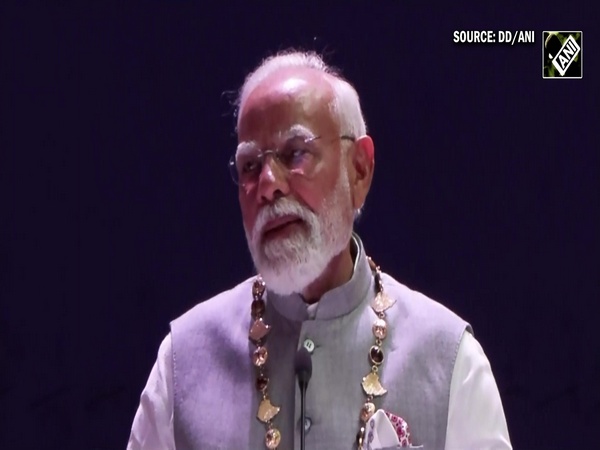Negative air passenger demand trend continues globally: IATA
Apr 08, 2021

Geneva [Switzerland], Apr 8 : The total demand for air travel in February measured in revenue passenger kilometres was down 74.7 per cent compared to February 2019, the International Air Transport Association (IATA) has said.
That was worse than the 72.2 per cent decline recorded in January 2021 versus two years ago.
International passenger demand in February was 88.7 per cent below February 2019, a further drop from the 85.7 per cent year-to-year decline recorded in January and the worst growth outcome since July 2020.
The performance in all regions worsened compared to January 2021.
Total domestic demand was down 51 per cent versus pre-crisis (February 2019) levels. In January, it was down 47.8 per cent on the 2019 period.
This largely was owing to weakness in China travel, driven by government requests that citizens stay at home during the Lunar New Year travel period.
"February showed no indication of a recovery in demand for international air travel. In fact, most indicators went in the wrong direction as travel restrictions tightened in the face of continuing concerns over new coronavirus variants," said Willie Walsh, IATA's Director-General.
"An important exception was the Australian domestic market. A relaxation of restrictions on domestic flying resulted in significantly more travel. This tells us that people have not lost their desire to travel. They will fly, provided they can do so without facing quarantine measures," he said.
Asia Pacific airlines' February traffic was down 95.2 per cent compared to February 2019, little changed from the 94.8 per cent decline registered for January 2021 compared to January 2019.
The region continued to suffer from the steepest traffic declines for an eighth consecutive month. Capacity was down 87.5 per cent and the load factor sank 50 percentage points to 31.1 per cent, the lowest among regions.
Walsh said the US Centers for Disease Control and Prevention (CDC) recently stated that vaccinated individuals can travel safely. That is good news.
"We have also recently seen Oxera-Edge Health research highlighting the efficacy of fast, accurate and affordable rapid tests for Covid-19," he said.
"These developments should reassure governments that there are ways to efficiently manage the risks of Covid-19 without relying on demand-killing quarantine measures and/or expensive and time-consuming PCR testing."

















